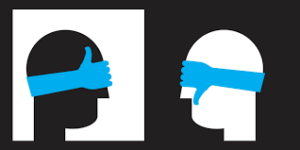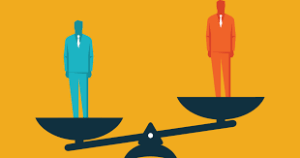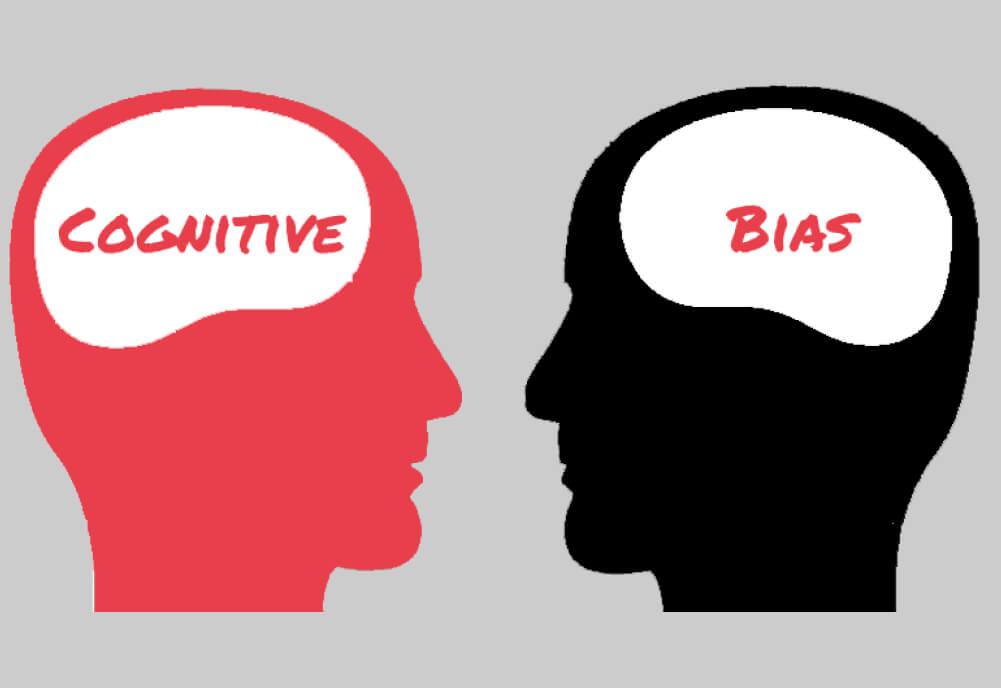Bias is an elephant in the room. It’s a topic that people are aware of, but often too afraid to address head-on. But it’s time for us to get over our fear and talk about the problem of bias in society today. There are many different types of biases, including sexism, racism, ageism, elitism, and more. In this article, we’re going to look at one specific type: gender bias.
Contents
What is Bias?

Bias is when you prefer one thing over another. You might not like something because it is different, even if it is good. People with strong political leanings usually have stronger biases because they care about the ideas they support. Bias becomes destructive when we refuse to accept information that contradicts our beliefs.
Types Of Bias
There are many different types of bias, but here are some of the most common:
- Sexism: This is when someone has a preference or prejudice against one sex. Some people think that women are not as capable as men or that they should stay at home.
- Racism: This is when someone has a preference or prejudice against one race.
- Ageism: This is when someone thinks that old people are bad because they have less energy and think differently than young adults do.
- Elitism: Some people think that they deserve to be treated better than everyone else. They don’t care if they treat other people badly, too.
- Gender Bias: This is when someone has a preference or prejudice against one gender. Some people think that men are better than women or that they should have more rights.
- Stereotyping: This is when you make assumptions about people before getting to know them.
- Prejudice: You treat people differently based on their appearance or background.
- Discrimination: You think that your opinion is the only correct one.
- Fear: You feel threatened by people who are different from you and this might cause you to do things like put them down or say bad things about them behind their backs.
Stages Of Bias

Most bias starts when we are young, but it can grow worse or weaker as time goes on.
- Early Childhood: Children learn to express their emotions and what they like at a very early age. This is when kids start to make friends with people who are different from them. Kids need friends, but they also need to try new things. They also start identifying themselves in terms of their gender.
- Middle Childhood: During this time, children learn more about the world around them and how it works. They also start to form opinions about different things. This is when kids might start to be biased against people who are different from them.
- Adolescence: This is a time of big change for everyone. Teens are trying to figure out who they are and what they want in life. Some teens might not like other people who are different than them. This is when their biases start to show.
- Adulthood: As adults, we should have a better understanding of the world around us. We should also know that not everyone is the same. We should be able to accept people for who they are, no matter what their differences are. Unfortunately, many adults do not act this way.
Signs That You Are Being Biased
You are more likely to trust people who are like you: This could be because you think that people who are like you are more likely to have the same opinions as you do.
- You discount information that doesn’t match your beliefs: This is when you don’t listen to someone or refuse to accept what they are saying because it doesn’t fit with your views.
- You stereotype people based on their appearance: Stereotypes are over-generalizations about the characteristics of a group.
- You make assumptions based on what you see or hear: This means that you might not pay attention to all of the information, but just focus on some parts instead.
- You make assumptions about people before getting to know them: This is when you think that you know everything about someone just by looking at them or hearing their name.
- You treat people differently based on their appearance or background: This is called discrimination and it’s not okay!
- You think that your opinion is the only correct one: You think that your opinion is the only one that matters, but it’s not true.
- You feel threatened by people who are different from you: This might cause you to do things like put them down or say bad things about them behind their backs.
How To Address Bias?

There is no one answer to addressing bias. It depends on the situation and the person involved. However, here are some general tips:
- Talk about it: People need to be aware that they have biases and the reasons why.
- Listen: Someone might not understand their bias when you try to explain it, so listen instead of attacking them with harsh words.
- Be kind: You can’t expect someone else to respect your rights if you don’t treat them with respect.
- Be passionate: You don’t have to shout about equality, but you should speak out when people are being disrespectful or biased against others.
- Take action: If someone has treated you unfairly because of their bias, then stand up for yourself and tell them that it’s not okay.
- Don’t fight fire with fire: This means that you should not respond to their bias with your own. That just makes two wrongs into a big mess!
Bias is everywhere, but we can all work together to make it better.
Helping Someone With Bias-Related Problems
Sometimes, people have a hard time getting rid of their biases. If this is the case for someone you know, then here are some things that you can do to help them:
- Listen without judgment: Just like before, listening is key! It is okay that you might not agree with what they said. But try to understand where they are coming from.
- Praise their efforts: If they are trying to do better, then make sure you let them know that it’s working! They might not realize how far they’ve come, but you can tell them if they’re doing a good job.
- Be patient: It takes time for people to change things about themselves and this includes biases.
- Be an example: You don’t have to be perfect. But you can show people that it is okay not to judge others because of how they behave.
- Help where needed: If someone is doing something you don’t like, tell them how you feel. Explain why they did what they did and ask if they will do it again.
The fight against bias is hard, but it’s worth it. We can all make a difference by being kind and understanding to each other, no matter what our differences might be.
Conclusion
Bias is the tendency to favor one thing over another. It’s something that can be seen in many different areas of life, both online and offline. When it comes to bias, there are two points of view on how best to combat it- education about our innate biases or taking steps towards eliminating them altogether. No matter which side you stand on, it is important to remember that bias can have a negative impact on not only the person who is being discriminated against but also the person doing the discriminating. With enough effort from everyone, we can make strides in making our world a more tolerant place for all.
If you are looking for affordable Online Counseling MantraCare can help: Book a trial therapy session


